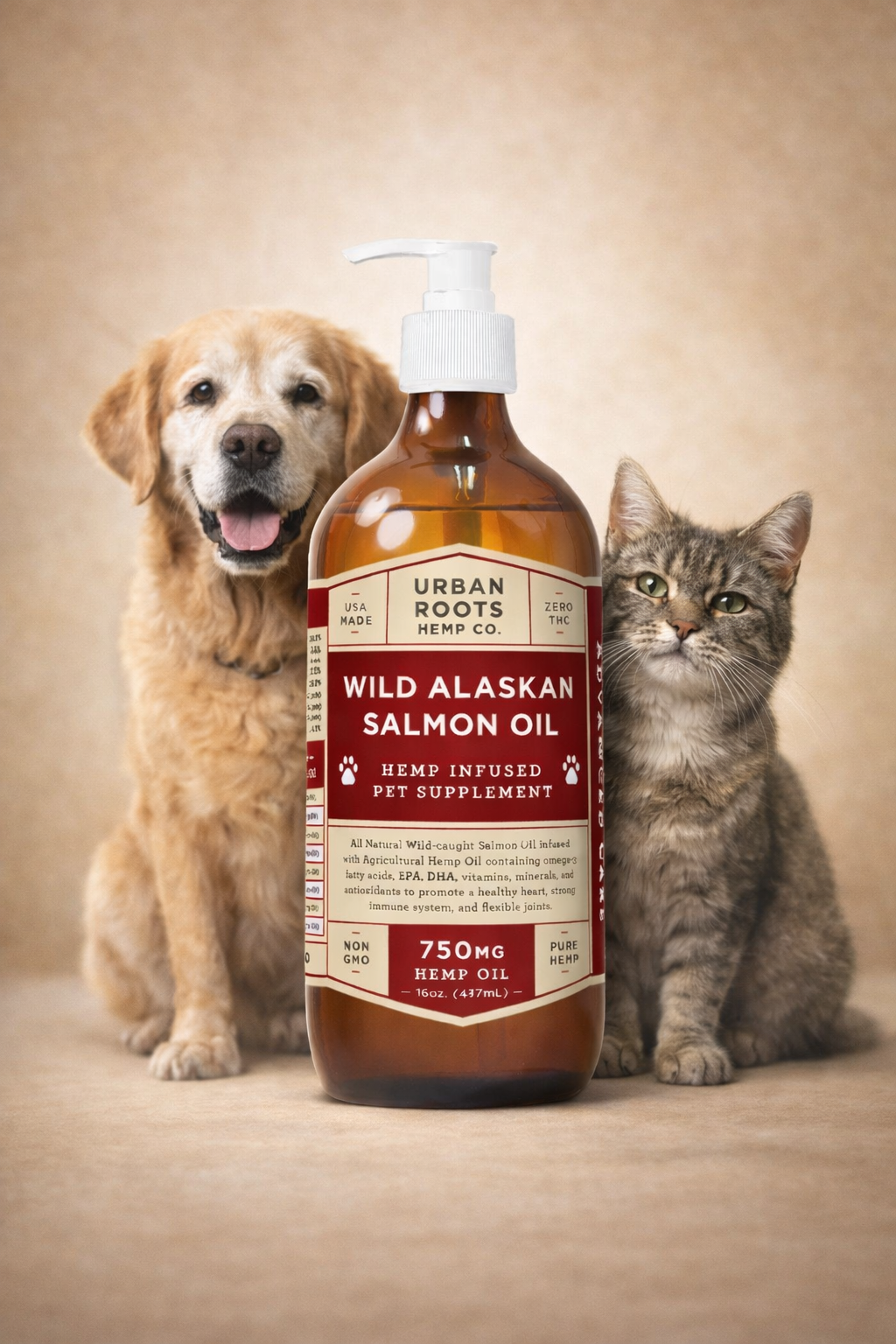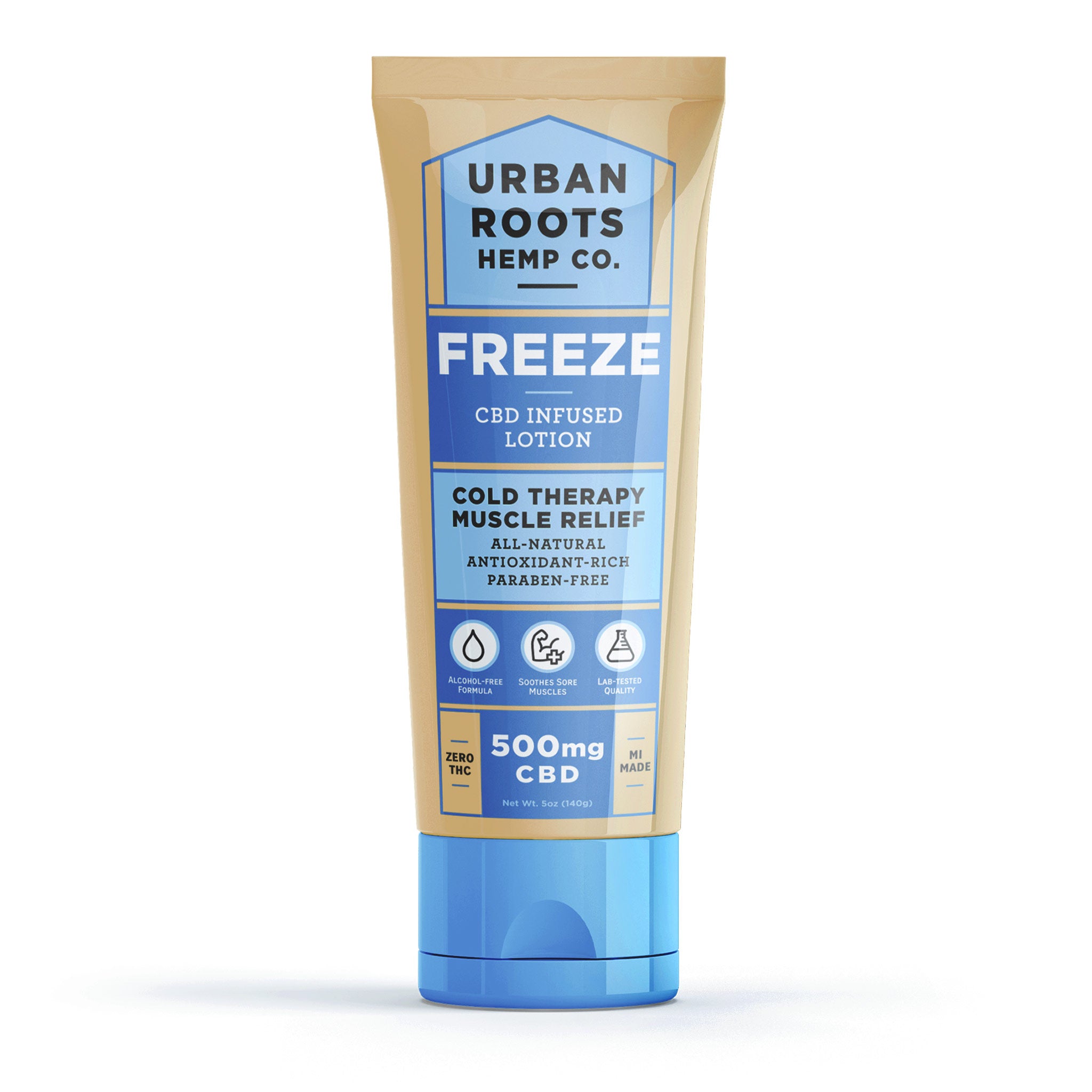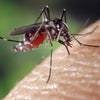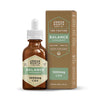Does CBD Thin Your Blood: What We Know


We’ve gotten a few questions recently from Urban Roots customers about whether or not CBD thins blood or has blood thinning properties. Specifically, several customers have asked whether they should stop taking their daily dose of CBD leading up to surgery, or whether CBD can interfere with blood thinning or coagulating medication.
As an increasing number of people consume CBD as part of their daily health regimen, we’ll probably start to see questions about CBD-drug interactions more and more. This is great, and at Urban Roots Hemp Co, we love to shed light where we can for people who are just starting out with CBD, or who have specific questions about its effects and administration.
CBD Drug Interactions
The simple answer is that yes, CBD can have interactions with drugs, including blood thinners, that change the way those drugs affect your body. More specifically, the way that CBD is metabolized by your body can interfere with how your body normally metabolizes other drugs you take. This can then lead to those drugs hanging around and staying in your system longer than you want, which can alter the amount of the drug you need to take. This might then produce negative side effects or complications.
For this reason, it is important to consult your doctor if you are currently taking prescription drugs and are also interested in trying CBD. Although CBD itself isn’t known to produce any harmful side effects, it is possible that when mixed with certain drugs it might produce unwanted or unexpected reactions.
Cytochrome P-450
You may be asking yourself the question, “why and how does CBD interact with my prescription drugs?” The answer, in large part, lies with the cytochrome P-450 (or CYP450) system. Found within your liver, this system of enzymes is responsible for processing and metabolizing toxic chemicals in your body, including about half of the prescription drugs you might consume. In total, it is estimated that the CYP450 system contains about 50 different enzymes that essentially help to clean your blood.
This system is very important for doctors when it comes to prescribing drugs and determining proper dosages. They do this largely by calculating the average amount of time it takes for various drugs and medications to be processed through the cytochrome P450 system. This method of determining dosages is largely accurate when it comes to determining how long the system will take to metabolize a single drug. It’s becomes more difficult when more than one drug or substance are being consumed.
CBD comes into play because it can inhibit the CYP450 system’s ability to metabolize certain drugs. This, in turn, leads to slower processing times and an increase in the concentration of the drug in your blood. This higher concentration can then lead to undesired or unexpected side effects and, in rare cases, might lead to an overdose of the prescription drug you are taking.
Interestingly, slowing down the cytochrome P450 system is not just a result of CBD. Other substances that people consume every day like grapefruit, watercress, St. John’s Wort, and goldenseal can also have an inhibitory effect the system’s drug metabolism.
CBD and Blood Thinners
This conversation is especially important for people who are prescribed blood thinners. Obviously, for those who need to take them, these drugs are an extremely critical medication required for healthy body function. Many of the pharmaceutical drugs that are metabolized by the CYTP450 enzymes are blood thinners. This means that taking CBD before consulting your doctor and possibly altering your dosage might lead to too much of the blood thinning medication in your system.
For this reason, we can’t stress enough that if you are prescribed blood thinners, please consult with your doctor before choosing to try one of our CBD products.
Does CBD Thin Your Blood?
The answer to this question is, “no”. As of right now, there is not enough research to make the claim that CBD, by itself, has any blood thinning properties. What is observed to be true, however, is that CBD can have an effect on the way your body processes and breaks down other medications you may be taking. Specifically, this is true when the drug in question is metabolized by the CYTP450 enzyme system in the liver.
Before you rush to throw away your CBD or cancel your order however, at Urban Roots, we don’t think this is necessarily a bad thing. We have had customers report that they have asked their doctors “If I plan to keep taking CBD on a daily basis can I decrease my blood-thinner dosage since CBD increases its concentration?”
We believe that asking your physician questions about whether or not you can decrease a pharmaceutical medication while on CBD is something that will help move the industry and healthcare forward.
This means that CBD may have an additional benefit that you didn’t see coming: possibly reducing the amount of prescription drugs you are putting in your body.
The overall lesson of this article is to make sure you and your doctor have a clear picture of everything you are consuming. If you are taking prescription drugs, even blood thinners, that does not mean you cannot enjoy the benefits of CBD.
All it means is that you should work with your doctor to determine how to make the best use of both substances. This also holds true if you have a surgery coming up—simply tell your doctor you take CBD and ask if they think it will interfere with any of the drugs you will be receiving during the course of the operation.
Communication is key here.
If you have any questions about CBD or its potential benefits, effects, or interactions, reach out to us on Facebook or send an email to us here.









